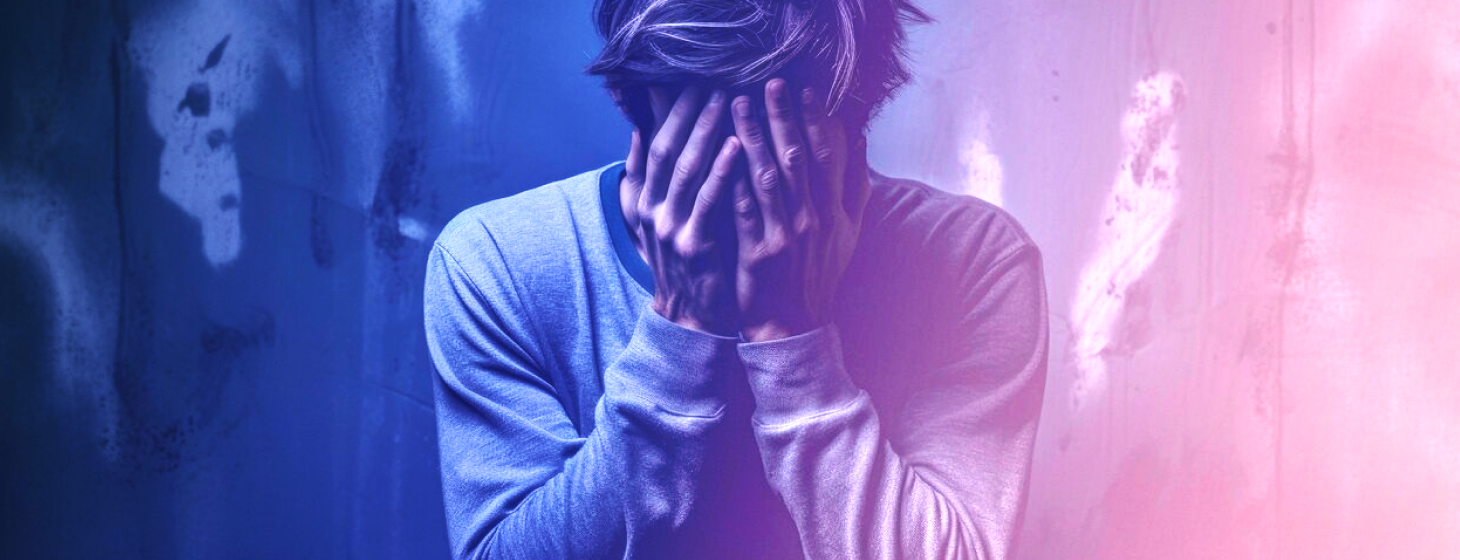Battling the Demons Within: Turning Trauma into Transformation

We often assume healing to be something that happens in a flash. Most people think that it will come to them one day as an epiphany. Many people offer unsolicited advice, such as, ‘Pull yourself up by your bootstraps.’
But is undergoing mental health challenges that simple?
Well, healing doesn’t have a definitive label. It doesn’t come with a blueprint or a manual to follow. It’s a complicated phenomenon and one that has more subjectivity than objectivity. Many addiction doctors refrain their patients from using the word ‘recovery.’ This is because it’s a radical term that can hinder your growth. Just as a diabetic patient cannot be cured, the same goes with a mental health patient.
The Pain of Losing Loved Ones to Death
When struck by the news of someone close to us dying, we often enter a void that is seemingly bound by infinite trauma and hurt. In those moments, we lose ourselves to the immense hurt we’re facing. Our behaviors become unpredictable, even to ourselves. The grief we face might not make sense. Many people think that symptoms of grief are only psychological, but they disrupt your sleeping and eating patterns just as much.
However, the nature of life is such that everything fades with time. No matter how intense the feelings are, chances are that they will decrease in intensity with time. This is because our body contains natural defense mechanisms that protect us. For example, when you get wounded, your platelets create a clot around your skin so the blood doesn’t keep flowing.
The same thing happens when speaking of mental wounds. This protection mechanism can also be considered as your willpower.
How Can We Help the People Carrying the Burden of Grief?
If you know someone who is struggling with the trauma of losing their loved ones, you should be sensitive to their situation. You cannot take their pain away, but you can help them in certain ways. Helping these people wouldn’t cost you a dime, but with your support, it may make their lives easy.
A Little Gesture of Sensitivity for Others’ Well-Being Wouldn’t Harm You
Your gestures may seem nothing to you, but they have a great potential to make an impact in people’s lives, especially when talking about mental health patients. The feeling you get knowing that you have positively contributed to a mental health patient’s life is unmatched.
Offer an Empathetic Heart to Free our World From Mental Health Crisis
Empathy is no longer considered to be an intrinsic trait. It takes nothing from you to show empathy and consideration to the ones who need it. Your gesture may be small, but it can serve as a catalyst for your loved one’s healing process.
Your Words Can Either Be a Dagger or Flowers – Choose Wisely
Practicing kindness generally should be a given. However, when we talk about people who undergo mental health challenges, we must take a few precautionary steps ahead. The reason behind this is that people who struggle with mental health disorders already have baggage to deal with. Being in that position, you are granted the choice to make their lives a living hell or be an assistance to them.
The Unifying Force of Literary Masterpieces
For centuries, books have been known to be the greatest healer for humans. The unconditional support they provide stays unparalleled with anything else in the world. If you or someone you know is struggling with mental health orders that disrupt their daily lives, here are some books that can be their saving grace:
1. Burnout: The Secret to Unlocking the Stress Cycle by Brene Brown.
2. Maybe You Should Talk to Someone by Lori Gottlieb.
3. Somewhere Between ‘JUST FINE’ and The Emergency Room by Sage M. Forman.
4. Man’s Search For Meaning by Victor E. Frankl.
5. The 7 Habits of Highly Effective People by Stephen R. Covey.
In a world that is much focused on individuality, we are depriving ourselves of the warmth of a community. People need people around to feel connected and find meaning. If you are privileged enough to never have encountered mental health challenges, you must help the ones around you. Your help may not take a lot from you, but it will add a profound sense of happiness in those lives that struggle with stable mental health.
© 2025 Sage M. Forman. All rights reserved. Terms & Conditions